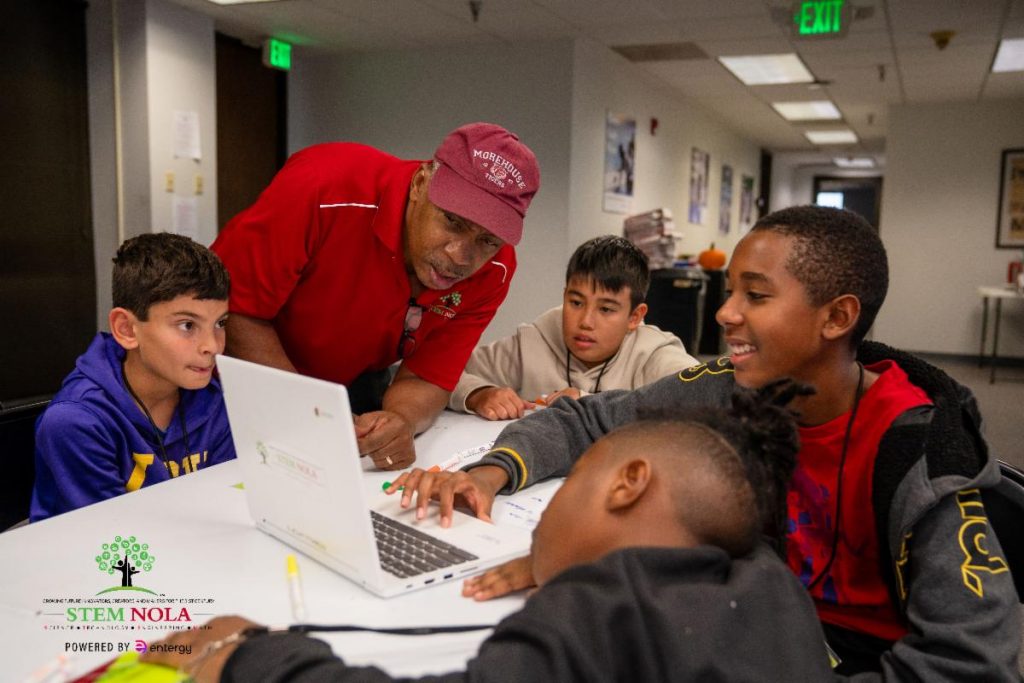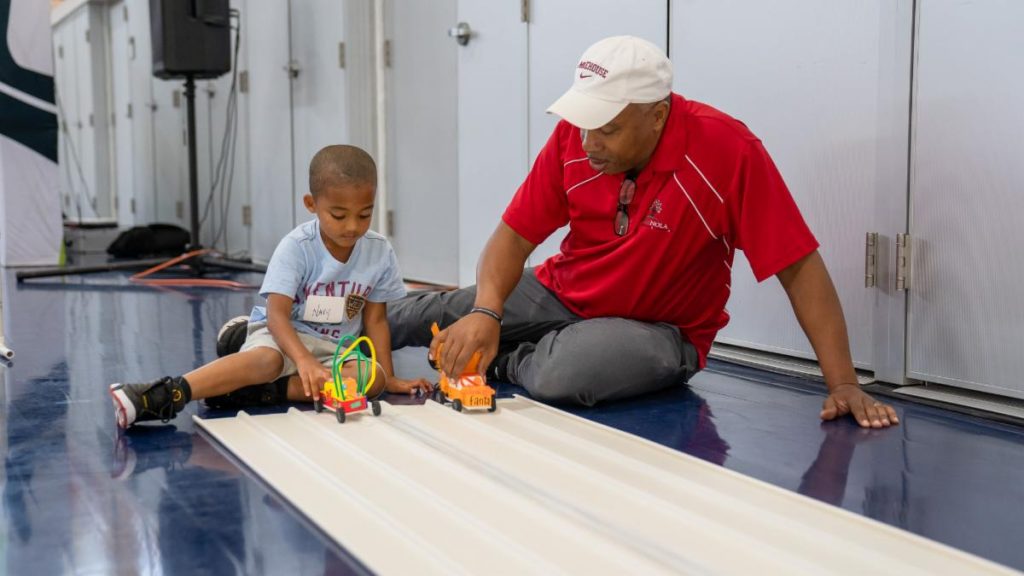By Antonio? ?Ray? ?Harvey? ?|? ?California? ?Black? ?Media?
Last week, President Donald Trump appointed Assemblymember Bilal Ali (Bill) Essayli (R-Corona) United States Attorney for the Central District of California.
The lawmaker, an outspoken critic of Gov. Newsom, accepted the appointment.
Essayli, who in February introduced Assembly Bill (AB) 1315, a reparations bill in the State Legislature, took the oath of office for his new job on April 2.
“I am honored that President Trump and Attorney General Bondi have placed their trust in me to serve as United States Attorney for the Central District of California,” Essayli said in a statement.Now, reparations advocates, who had been working along with Essayli, say they are looking for a sponsor for the bill in the Legislature.
Kamilah Moore, a Los Angeles-based attorney, who served as chair of the state’s reparations task force, says the effort has not stalled.
“This is a full job position for him. The U.S. Central District of California is the largest federal judiciary district in the country,” said Moore. “But I do appreciate his efforts and being helpful along the way, getting us certain names and contacts of legislators (who could carry the bill). I also appreciate that he kept the conversations (of reparations) going. He definitely played his part, and I cannot be mad at him at all.”
Essayli, who is Lebanese American and proponent of stricter immigration laws and enforcement, says he won major victories during his two-year-plus tenure as a lawmaker.
“When I joined the Assembly, parental rights, illegal immigration, and voter IDs were peripheral issues. We’ve made them centerpieces of our Party. This past election, we added true fighters, and I am confident they will continue the important work needed in the Legislature to make Republicans start winning in California,” Essayli said.
In February, Essayli introduced AB 1315, also known as the California American Freedmen Affair’s Agency (CAFAA) bill. If approved, this legislation would create a state agency responsible for verifying the identities of descendants of slavery using genealogy.
The agency would also contain the Office of Freedmen Legal Affairs and a registry of American Freedmen residents to support future direct services and resources, as recommended by the task force when the nine-member body completed its two-year study in June 2023.
Essayli, a former Riverside County prosecutor and the first Muslim American elected to the California Legislature, said he introduced the bill with the full support of members of the Coalition for a Just and Equitable California (CJEC), the state’s leading reparations advocacy group.Essayli says he supports the creation of the agency even though he does not advocate for cash payments, stating on X last year, “I’m very much opposed to CA taxpayers paying reparations.”
Essayli has also said that he does not believe that California was involved in slavery, but he is totally behind programs that would acknowledge and address atrocities that descendants of Slavery suffered in the United States.
“For too long, the Democrat Party has lied to Black voters and delivered nothing decade after decade,” Essayli told CBM on Feb. 22.
Months later, reparations advocates declared they would work with any lawmakers who would adhere to their cause and made it clear that the “movement to recognize and support American Freedmen residents is a non-partisan effort” that ranks “policy over political affiliation,” CJEC shared in a February statement.
CJEC is a statewide organization made up of various associations, community groups, and individuals united by a commitment to fight for reparations.
Moore says she is working with CJEC, seeking clarity on the status of the bill and identifying another lawmaker –Republican or Democrat – to sponsor the legislation.
AB 1315 was first read in the Assembly chamber on Feb. 24.
Civil rights attorney and reparations advocate Chryce Cryer told Dominique di Prima on her KBLA Talk 1580 radio show that Essayli’s departure could be a blessing in disguise.
Cryer said Essayli’s position in the federal government “bodes well for the reparations movement.”
“It’s probably what he was aspiring to become,” Cryer said of Essayli on the Los Angeles-based radio show. “I would say for reparations in general, especially in California, it shines the spotlight on what we’re trying to do. Reparations is a non-partisan issue.”
Cryer continued, “The bureau, the agency, that’s also non-partisan. But now, as it stands, we have a friend and not a foe in the Trump Administration.”
 Westside Story Newspaper – Online The News of The Empire – Sharing the Quest for Excellence
Westside Story Newspaper – Online The News of The Empire – Sharing the Quest for Excellence

